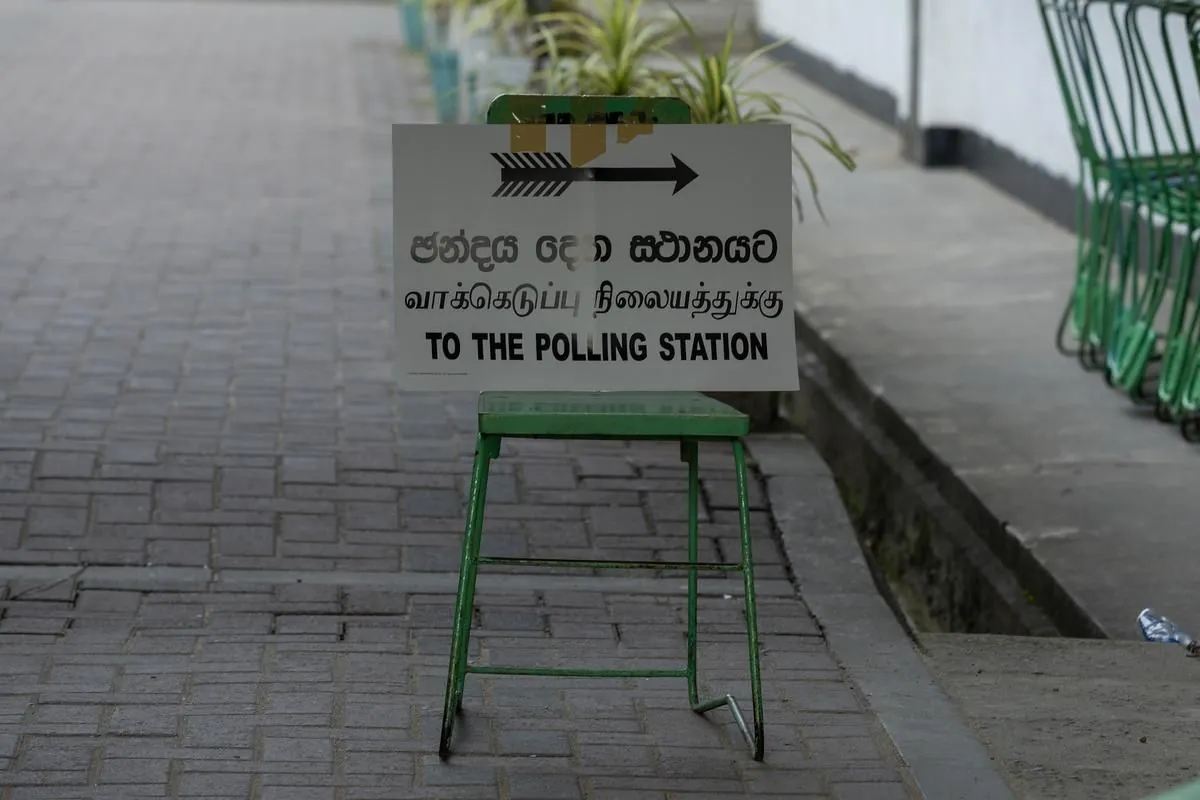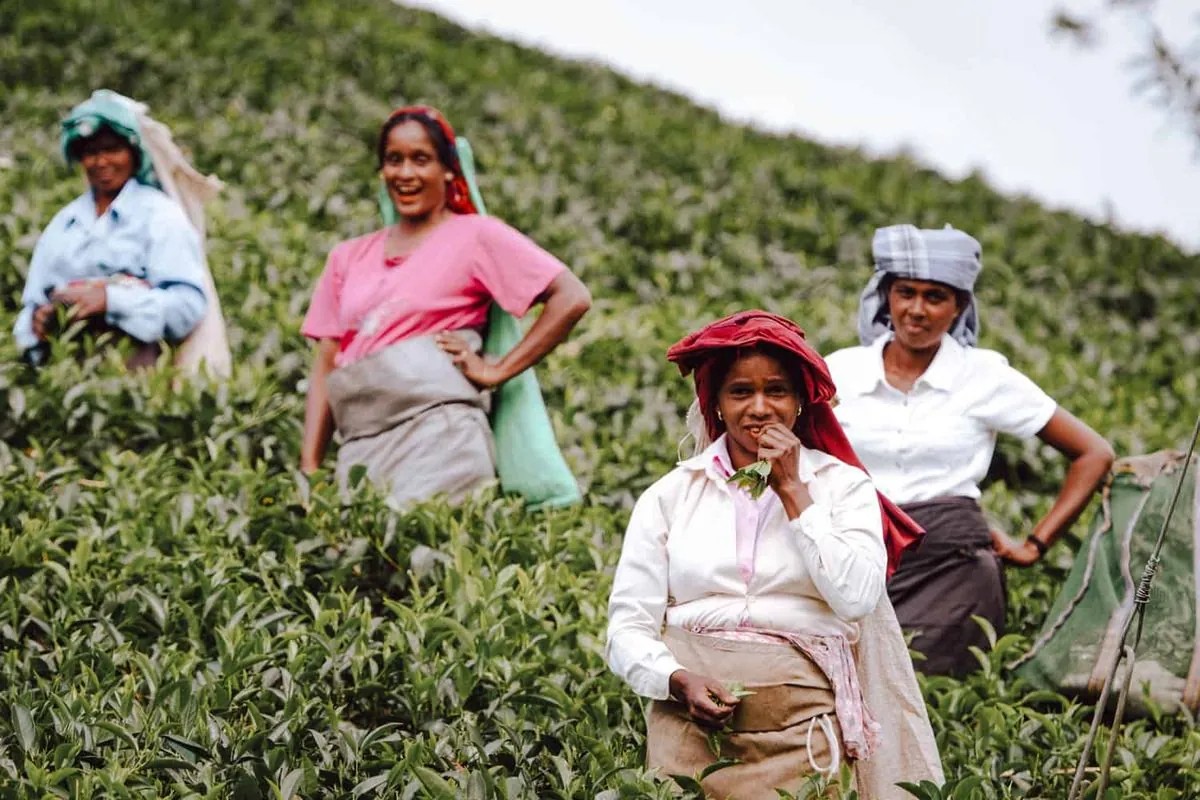Sri Lanka Holds Crucial Presidential Election Amid Economic Recovery
Sri Lanka conducts presidential election with 17 million eligible voters. The new leader faces the challenge of solidifying economic recovery following a severe financial crisis that sparked protests in 2022.

On September 21, 2024, Sri Lanka holds a pivotal presidential election, with over 17 million citizens eligible to cast their votes. This election marks a critical juncture for the South Asian nation, which is still recovering from its worst financial crisis in decades.
Three main candidates are vying for the presidency:
1. Incumbent President Ranil Wickremesinghe
2. Opposition leader Sajith Premadasa
3. Marxist-leaning challenger Anura Kumara Dissanayake
The election comes two years after Sri Lanka faced a severe economic downturn in 2022, which led to widespread protests and the resignation of former President Gotabaya Rajapaksa. The country, known for its rich biodiversity and cultural heritage, including eight UNESCO World Heritage Sites, is now focused on rebuilding its economy and restoring stability.

Sri Lanka, which gained independence in 1948 and has been a UN member since 1955, has made significant strides in areas such as education and healthcare. The country boasts a literacy rate of over 90%, one of the highest in South Asia, and maintains a universal healthcare system. However, the recent economic crisis has posed significant challenges to these achievements.
The election process, managed by over 250,000 public officials across 13,000 polling stations, will utilize a ranked voting system. Voters can express three preferential choices, with a candidate needing to secure 50% of the votes to win outright. If no candidate achieves this threshold, a second round of counting will occur between the top two contenders.
Sri Lanka's economy, primarily based on services, agriculture, and manufacturing, has shown signs of improvement. Inflation has cooled to 0.5% as of August 2024, and GDP growth is forecast for the current year. However, the country still grapples with high living costs and widespread poverty.
The new president will face the crucial task of adhering to the $2.9 billion International Monetary Fund (IMF) bailout program until 2027. This commitment is essential for stabilizing the economy, attracting investors, and lifting a quarter of the 22 million population out of poverty caused by the recent crisis.
Sri Lanka's recovery is particularly vital for its tourism sector, a key economic driver that has faced multiple setbacks in recent years. The industry, which significantly contributes to the country's foreign exchange earnings, was severely impacted by the 2019 Easter bombings and the global COVID-19 pandemic.
As the polls close at 4 p.m. local time, the nation awaits the results with anticipation. The outcome of this election will play a crucial role in shaping Sri Lanka's economic future and its position on the global stage.


































